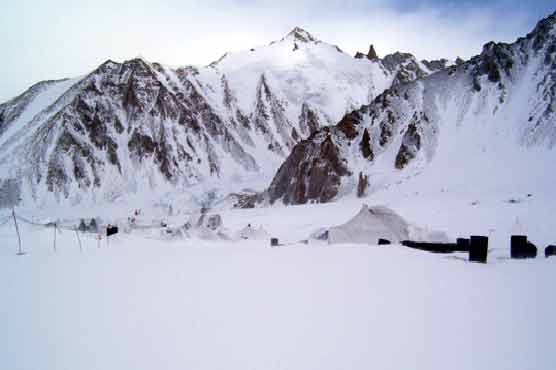US General Martin E Dempsey said US wants normalised relations with Pakistan.
Talking to media while leaving for Brazil to Columbia, Chairman of US Joint Chiefs of Staff General Martin E Dempsey said that he had spoken with Pakistan Army chief General Ashfaq Pervez Kayani at least five times since the Salala incident in which 24 Pakistani soldiers were killed in a Nato air raid.
He was responding to questions regarding the meeting of Commander of US Central Command Gen James Mattis and commander of US and Nato forces in Afghanistan Gen. John Allen with COAS Gen Ashfaq Pervez Kayani on Wednesday.
It was the highest level-military meeting between the two countries since a November 26 cross-border Nato air raid.
Dempsey said the US wanted to reset military-to-military relationship with Pakistan including working the border issues and reopening the ground supply lines through Pakistan to Afghanistan. “We want to rebuild the trust and confidence between our two militaries,†General Dempsey said.
Gen Dempsey said he believes the two militaries can discuss what must be done in Pakistan’s federally administered tribal areas to improve the situation in both Afghanistan and Pakistan.
![Eagles of brasstacks [Cyber force]](https://blogger.googleusercontent.com/img/b/R29vZ2xl/AVvXsEg_a6mLXb5xkyp4ojg9Q7j7EvO6GYmGukFkj09faLTZscMjI6zW9W9I_XiOCMxf7hPX9srmCE8WFHpDgLsQRCnLZaso_JmgO_J5pWuByrd6BWFFRQNqCfmL-FeWwfe4eJGo2FQlqkkOnVeU/s1600/untitled.bmp)




